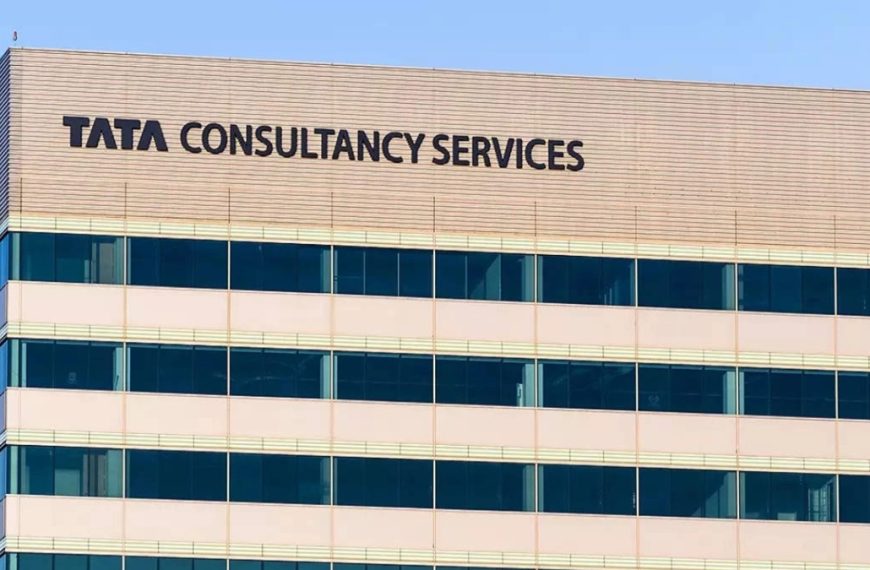In an evolving corporate landscape, numerous leading companies are choosing to restructure their operations to enhance value. This strategic shift is primarily aimed at reinforcing their core businesses by spinning off non-essential divisions into separate entities. Industry experts highlight that this trend not only helps large corporations streamline their focus but also offers investors a chance to engage in growth opportunities, as demonstrated by ITC’s recent decision to demerge its hotel division.
A Wave of Demergers in 2025
The fiscal year 2025 has witnessed notable firms such as Hindustan Unilever (HUL), Raymond, and Vedanta embark on the demerger path, indicating a potential continuation of this trend into 2026. By separating their operations, these companies aim to unlock value and enhance operational efficiency.
- Key Players in the Demerger Trend:
- ITC: Demerged its hotel business.
- HUL: Planning to spin off its ice-cream segment.
- Raymond: Transferring real estate assets to Raymond Realty.
- Quess Corp: Preparing to list two new units.
The Motivation Behind Corporate Restructuring
As companies navigate a bullish market, the desire for autonomy drives many to consider demergers. Shriram Subramanian, founder and MD of InGovern, emphasizes that this trend is likely to persist. He notes, “The primary goal of demergers is to allow companies to operate independently, fostering innovation and growth.”
For instance, Tata Motors is set to split into two distinct entities by October 2025, while Quess Corp aims to create a clearer focus by separating its operations into three different units. This move is expected to enhance management efficiency and responsiveness to market demands.
Advantages of Demerger Strategies
Experts like G. Chokkalingam, founder and MD of Equinomics Research, highlight the benefits of demerging. “A demerger enables firms to sharpen their focus, enhance operational efficiencies, and pursue specialized growth strategies,” he explains.
Quess Corp is undergoing a three-part demerger, dividing its operations into:
- A workforce management unit under the flagship company.
- Digitide Solutions for BPM, Insurtech, and HRO operations.
- Bluspring Enterprises for infrastructure services.
Shareholders will benefit by receiving one share of each new unit for every share they hold in Quess Corp.
Notable Moves by HUL and Others
In a strategic move, HUL plans to demerge its ice-cream business into Kwality Wall’s India, with the goal of providing shareholders with enhanced value. The ice-cream segment, generating approximately ₹1,800 crore and comprising nearly 3% of HUL’s total turnover, is poised for significant growth. According to Rohit Jawa, CEO and MD of HUL, “This demerger will unlock substantial value for our shareholders and allow them to participate in the growth trajectory of our ice-cream brands, including ‘Kwality Wall’s’ and ‘Cornetto’.”
Conclusion
As the trend of corporate demergers continues, companies are strategically positioning themselves to maximize potential growth and streamline operations. With several industry leaders taking significant steps, the upcoming fiscal year promises to bring more exciting developments in the business landscape. Keep an eye on these transformations as they unfold, shaping the future of corporate India.











